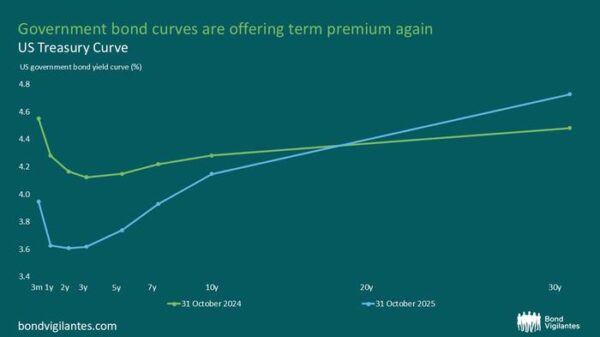Obesity severity is directly linked to an increased likelihood of developing various cardiometabolic and renal diseases, according to a recent study conducted by researchers at the Pennington Biomedical Research Center. Published in the journal Obesity, the research titled “Association of Obesity Severity with Cardiometabolic and Renal Disease Burden in the United States” reveals that the severity of obesity plays a crucial role in determining health risks.
The study utilized data from the U.S. Behavioral Risk Factor Surveillance System, employing a cross-sectional analysis to assess the connection between obesity and disease burden across a broad spectrum of health issues. The findings indicate a clear gradient, where higher obesity severity correlates with an increased burden of health conditions including diabetes, hypertension, and chronic kidney disease.
Key Findings on Disease Burden
The analysis showed that individuals with severe obesity face significantly higher health risks compared to those with lower levels of obesity. This research underscores the pressing need for effective public health interventions aimed at reducing obesity rates and mitigating its associated health risks. According to the study, the impacts of severe obesity extend beyond individual health, posing substantial challenges to healthcare systems due to increased medical costs and resource allocation.
The findings are particularly relevant in the context of rising obesity rates in the United States, where approximately 42.4% of adults are classified as obese, according to data from the Centers for Disease Control and Prevention (CDC). The implications of this epidemic are profound, as obesity is recognized as a leading contributor to preventable diseases and premature deaths.
Public Health Implications
The research emphasizes the importance of addressing obesity not just as a personal health issue, but as a public health priority. Policymakers and healthcare providers are urged to focus on comprehensive strategies that include education, community resources, and access to healthier food options. Such initiatives are essential for combating the obesity crisis and its far-reaching effects on health.
As the study illustrates, understanding the relationship between obesity severity and disease burden can guide future research and inform public health policies. The authors of the paper advocate for ongoing surveillance and targeted interventions that can effectively reduce the prevalence of obesity and improve overall health outcomes for populations at risk.
In conclusion, the association between obesity severity and health risks is significant and calls for urgent action. By acknowledging the complexities of obesity and its consequences, healthcare stakeholders can work towards creating a healthier future for all.







































































